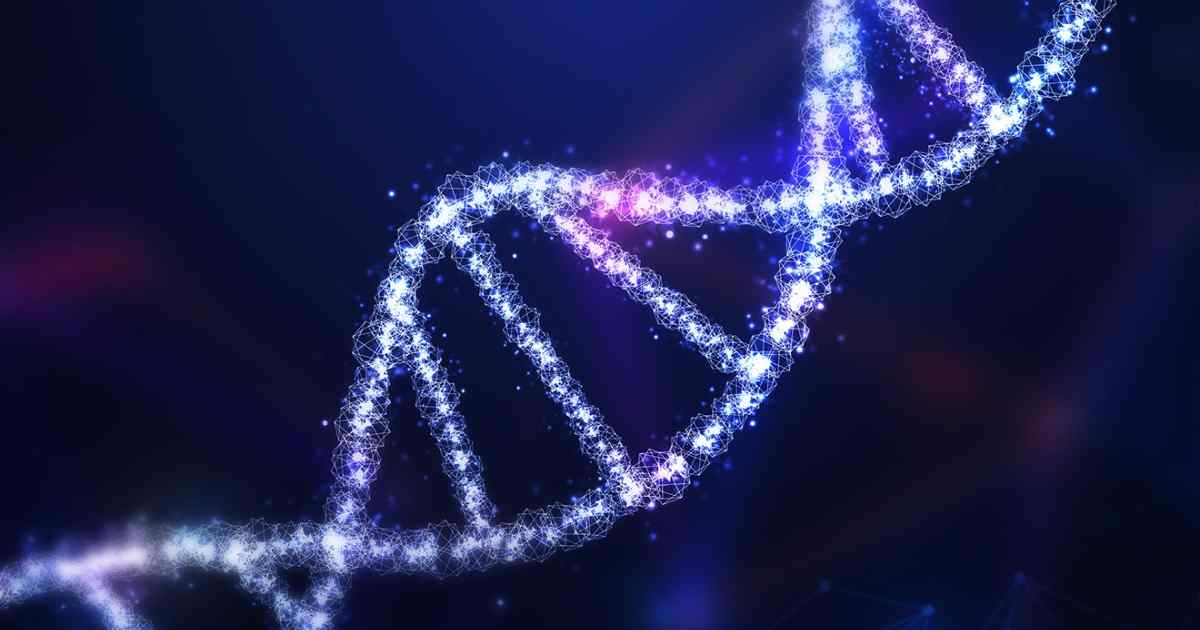
Expert Reviewed By: Dr. Brandon Colby MD
Dyskeratosis congenita (DC) is a rare genetic disorder that primarily affects the skin, nails, and bone marrow. Among its subtypes, autosomal recessive 2 presents unique challenges and insights into the complex world of genetic diseases. Recent advancements in genetic testing have opened new avenues for understanding and managing this condition, particularly through the lens of telomere maintenance and NOP10 mutations.
Understanding Dyskeratosis Congenita, Autosomal Recessive 2
DC is characterized by a triad of symptoms: abnormal skin pigmentation, nail dystrophy, and leukoplakia. However, its impact extends far beyond these visible manifestations. Patients often experience bone marrow failure, pulmonary fibrosis, and an increased risk of cancer, among other complications. Autosomal recessive 2, a subtype of DC, is specifically associated with mutations in the NOP10 gene, which plays a crucial role in telomere maintenance.
Telomeres, the protective caps at the ends of chromosomes, are vital for maintaining genomic stability. In DC, defective telomere maintenance leads to premature cellular aging and increased susceptibility to various health issues. The identification of NOP10 mutations as a causative factor in autosomal recessive 2 DC underscores the importance of genetic testing in both diagnosing and understanding this rare disorder.
The Power of Genetic Testing in Dyskeratosis Congenita
Early Detection and Diagnosis
Genetic testing enables early detection of dyskeratosis congenita, autosomal recessive 2, by identifying specific mutations in the NOP10 gene. Early diagnosis is crucial for managing the disease and implementing interventions that can improve patient outcomes. By detecting these mutations before symptoms manifest, healthcare providers can offer personalized care plans tailored to the unique needs of each patient.
Understanding Disease Mechanisms
Genetic testing not only aids in diagnosis but also enhances our understanding of the underlying mechanisms of DC. By studying mutations in the NOP10 gene, researchers can gain insights into how telomere maintenance is disrupted in autosomal recessive 2. This knowledge is essential for developing targeted therapies that address the root cause of the disorder, rather than merely alleviating symptoms.
Family Planning and Genetic Counseling
For families affected by dyskeratosis congenita, genetic testing offers valuable information for family planning and genetic counseling. By identifying carriers of NOP10 mutations, prospective parents can make informed decisions about the risk of passing the disorder to their offspring. Genetic counseling provides families with the support and guidance needed to navigate these complex choices, helping them understand the implications of genetic findings.
Personalized Treatment Strategies
As our understanding of DC evolves, genetic testing paves the way for personalized treatment strategies. By pinpointing the specific genetic mutations involved, healthcare providers can tailor interventions to address the unique needs of each patient. This personalized approach holds the potential to improve patient outcomes, reduce complications, and enhance quality of life for those living with dyskeratosis congenita.
Looking Forward: The Future of Genetic Testing in DC
The identification of NOP10 mutations in dyskeratosis congenita, autosomal recessive 2, represents a significant milestone in the field of genetic research. As we continue to unravel the complexities of this disorder, genetic testing will remain a cornerstone of both diagnosis and treatment. With ongoing advancements in technology and a growing understanding of telomere biology, the future holds promise for more effective interventions and improved outcomes for patients with DC.
By embracing the power of genetic testing, we can better understand the intricacies of dyskeratosis congenita and develop innovative strategies to combat its challenges. As research progresses, we move closer to a future where patients with DC can lead healthier, more fulfilling lives, armed with the knowledge and tools provided by genetic science.
For more detailed insights into the identification of NOP10 mutations and their role in dyskeratosis congenita, autosomal recessive 2, please refer to the study available at: https://doi.org/10.1093/hmg/ddm111.
About The Expert Reviewer
Dr. Brandon Colby MD is a US physician specializing in the personalized prevention of disease through the use of genomic technologies. He’s an expert in genetic testing, genetic analysis, and precision medicine. Dr. Colby is also the Founder of and the author of Outsmart Your Genes.
Dr. Colby holds an MD from the Mount Sinai School of Medicine, an MBA from Stanford University’s Graduate School of Business, and a degree in Genetics with Honors from the University of Michigan. He is an Affiliate Specialist of the American College of Medical Genetics and Genomics (ACMG), an Associate of the American College of Preventive Medicine (ACPM), and a member of the National Society of Genetic Counselors (NSGC)